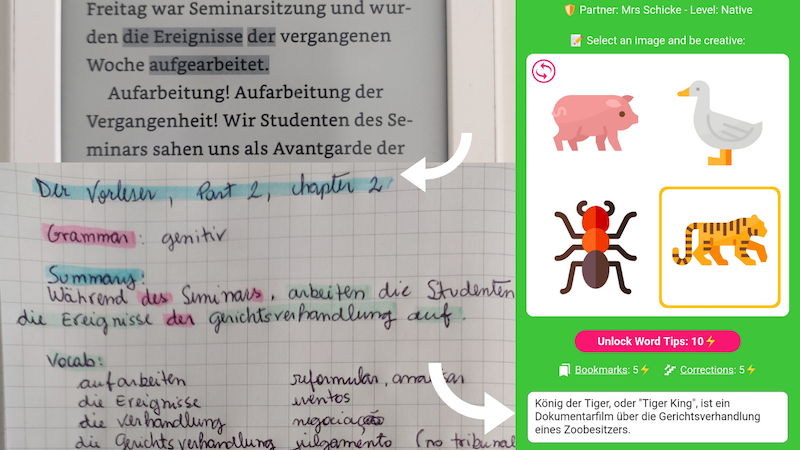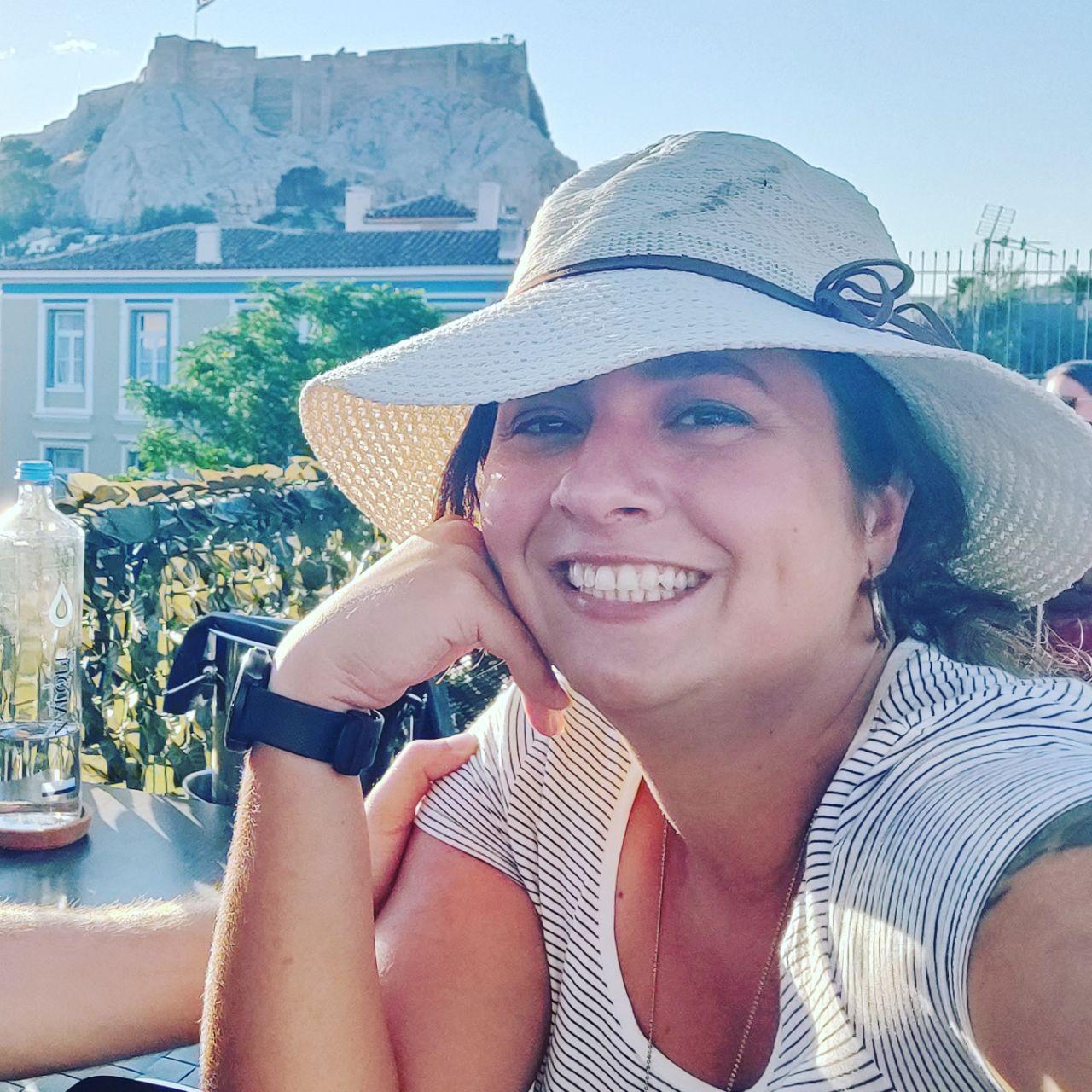Reading is one of the best activities to learn another language! You see new vocabulary and it’s really fun if you like reading already ❤️ But if you want to communicate then you also need to practice creating content! If you rely too much on passive study, you will fall into a state where you can understand a lot, but when it’s your time to talk you freeze because you can’t express yourself and communicate simple things. You can’t learn how to ride a bike just by reading about it, you need to get on the bike, fall, and try again! It’s the same with language: If you want to express yourself better, then you need to express yourself more. It’s that simple.
Chatting with others can be difficult or stressful, so a lot of people fallback to reading as a main study method. But here are some tips to get the most out of learning by reading:

♻️ 1. Don’t force a book on yourself
If you’re taking too long or if it’s not that interesting, pick another book. You don’t have to finish, you don’t have anything to prove. Switch to something that will give you better gains as soon as possible.
🎲 2. Make sure the book is appropriate
What does that mean? It depends. For extensive pleasure reading you should understand almost everything, like 98%. However, depending on your level, most books could be out of that reach and you would end up picking a book you don’t care about, just because you can read it. 🚨Never do that! Make sure you’re interested on the content first, then optimize for the reading level.
🙅♀️ 3. When to stop and look at the dictionary?
Depends, if you’re doing pleasure reading and you’re not taking notes, at most once or twice per page. But if the book is a bit too difficult or you’re doing some intense study time, then you’ll do that more often. I recommend reading on a device like Kindle where you can quickly find dictionary and translations instead of physical books. Make this process fast and avoid stopping unless you want to write something down.
📝 4: How to take notes of words?
It’s imperative to never write down a word by itself. If you see something you want to write down, write the whole sentence. This is really important!! Our memory doesn’t like isolated things, it needs chunks and context.
📢 5: How to improve communication?
When you take a note it is essential you also make up your own sentence! This is an opportunity to imitate structures you just saw or learn paraphrasing (an essential skill once you’re out in the world!). You should also summarize the paragraph or the chapters in your own words. This adds PURPOSE! Now your notes are not mere random notes, but they have a communication component: you are explaining something to your future self. This is excellent for remembering technical content too! Then reuse these writings whenever you can, like in Polygloss, or in a journal.
🧐 6: Noticing!
It is a misconception that reading is useful only for learning vocabulary, but it is also a misconception to think that just by reading you can absorb all of the grammar. While some outdated methodologies discourage grammar, there is ample research that adults benefit from explicit grammar instruction. You could read the whole wikipedia before you make sense of all of the patterns in a language, but if you have a quick explanation first before encountering them in the wild you will notice it. Adults are great at that! A great technique is to have a quick grammar lesson where you learn or review ONE kind of construction before reading. This can be some quick Duolingo lesson or a quick glance at one table from a textbook. Highlight in the book whenever you encounter the thing you just learned. To get another boost on communication, use it! Paraphrase or create a new sentence with that construction on your notes or, better yet, on Polygloss, where you get the communication purpose from the image-guessing game and your friends and partners can correct the sentences you created on your own.

